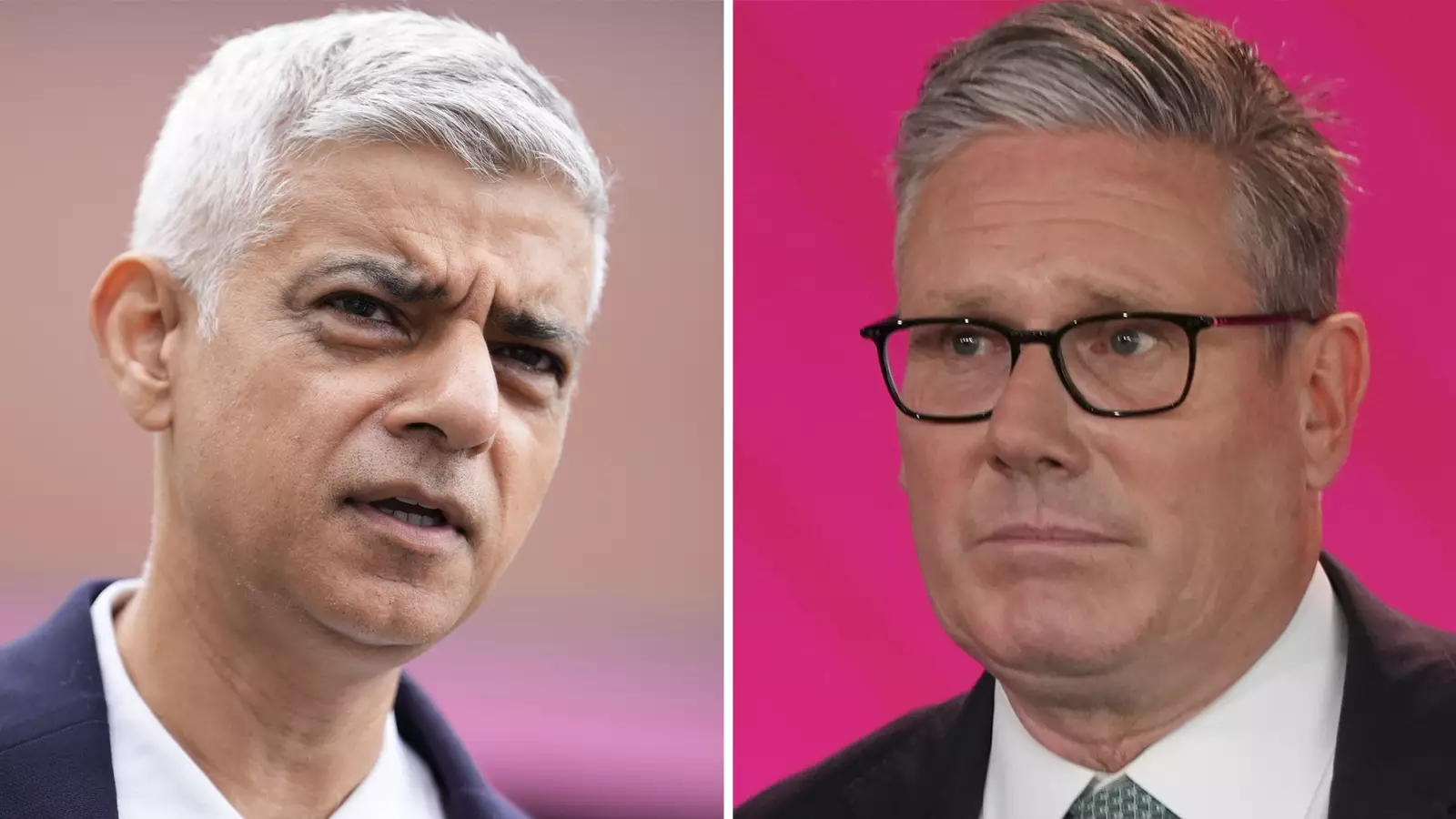The escalating violence in Gaza has brought to light a profound moral dilemma that demands honest reflection and decisive action. While geopolitical interests often cloud judgment, the stark reality unfolding before our eyes is impossible to ignore: innocent civilians are suffering immensely amidst a brutal military campaign. Recent declarations from prominent officials, such as London’s Mayor Sir Sadiq Khan, branding the situation as a “genocide,” highlight the necessity of confronting uncomfortable truths rather than dismissing or downplaying the severity of the crisis. It is not enough for governments or political figures to hide behind legal technicalities or diplomatic hesitations; genuine humanity requires acknowledgment of the suffering and an urgent pursuit of justice.
The Limitations of Official Denials
The official stance from the UK government, which suggests that whether Israeli actions constitute genocide is a matter for the courts, is a dangerously narrow viewpoint. It sidesteps moral responsibility and dismisses the voices of those on the ground. When bodies such as the UN commission articulate that Israel’s military operations meet the criteria for genocide, it raises fundamental questions about international accountability. Ignoring such assessments risks turning a blind eye to an unfolding atrocity, perpetuating a cycle of impunity. The reluctance of global powers to take definitive moral stands in crises like Gaza reveals a troubling prioritization of political alliances over human lives. For a center-wing liberal, it is vital to challenge this complacency and advocate for a clear moral stance rooted in human rights.
Political Tensions Hindering Moral Clarity
The political landscape surrounding the Gaza conflict is riddled with complications and conflicting interests. Prime Minister Rishi Sunak’s cautious approach, delaying recognition of Palestinian statehood, exemplifies a tendency to prioritize diplomatic expediency over justice. Such delays – influenced in part by expressions of deference toward the U.S., and figures like Donald Trump – undermine efforts to elevate human rights as a core priority. Meanwhile, local leaders like Sir Sadiq Khan opting to voice stronger condemnations serve as vital moral anchors in an otherwise cautious political environment. Their willingness to break rank underscores the importance of moral courage in leadership—especially when the lives of vulnerable populations hang in the balance.
The Case for Moral Courage, Not Silence
Recognition of Palestinian statehood remains a complex issue, fraught with geopolitical implications. However, moral clarity must transcend political calculations. A semi-open acknowledgment of what many see as genocide does not signify unilateral condemnation but a necessary acknowledgment of reality. The international community’s failure to act decisively in Gaza exemplifies a broader pattern of prioritizing strategic interests over human dignity. To be truly liberal—centered on human rights and justice—requires embracing difficult truths, even when they challenge diplomatic norms or threaten alliances. Denying or delaying moral judgment only prolongs suffering and diminishes the legitimacy of any political leadership that fails to stand up for the most vulnerable. It is time for a more courageous, compassionate stance that recognizes the profound urgency and seeks justice over compliance.

